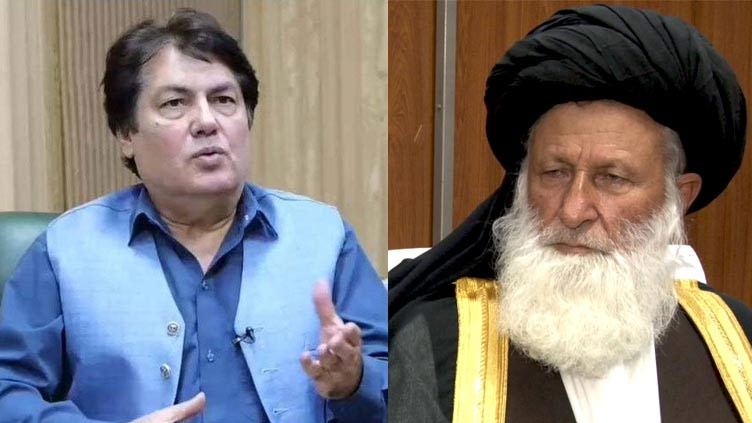The local team in the Pakistan Super League (PSL) season 9 put on an incredible performance to catch the attention of the selectors for the T20 World Cup, which will be hosted in the USA and the Caribbean.
Due to several player withdrawals and the unavailability of numerous international players, Pakistan’s homegrown players were left to prove their mettle in the ninth PSL season.
In anticipation of the 2019 T20 World Cup, ESPNcricinfo examines five players who fared well in the competition and should be watched out for.
Usman Khan, Abrar Ahmed, Mehran Mumtaz, Imad Wasim, and Haider Ali are the five players. When Haider Ali was at his best, he was a seductively clean ball-striker who scored 103 runs in five innings with a strike rate of 163.49.
Before Islamabad United decided to select him as a late replacement, he was not selected in the draft. And two composed, undefeated innings against United in the hypothetical knockout stages brought back memories of the kind of player Pakistan believed they were getting in Haider.
In those lower-middle-order positions, competition for spots is far less intense, and the forthcoming T20Is against New Zealand would be an ideal opportunity for a trial. Imad Wasim, who has officially retired from international cricket more than a year ago, was next with 126 runs in nine innings at a strike rate of 128.57 and 12 wickets in 12 innings at an economy rate of 6.60. Despite this, it is hard to overlook him. Imad’s continuously strong all-around performances in this competition were reminiscent of a period in which he opened the bowling for a team that won 11 consecutive Twenty20 International Series.
His international career has suffered due to injuries and a perceived lack of dedication to fitness, but with the majority of this year’s T20 World Cup taking place in the Caribbean, the argument for one final dance with the national team has only become stronger. No bowler (minimum 25 overs) came within nearly a full run of his unmatched economy rate of 6.60, and his ability to chip away at rival top orders without being a run-leaker is an irresistible combination.
Mehran Mumtaz, who bowls at around 100 kph, came in third place with five wickets in five innings at an economy rate of 6.63. The 20-year-old left-arm bowler Mumtaz didn’t play in many PSL matches, but when he did, he was an engaging and useful player.
Although he claimed five wickets, his 6.63 economy rate—just slightly higher than Imad’s—was what really stood out. The majority of Pakistanis are still unaware of him, but they have 12 matches left before the T20I World Cup, which is a perfect chance to put him to the test. Fourth was Abrar Ahmed (16 wickets in 10 innings at 7.82 economy rate), who made his PSL debut with Peshawar Zalmi and Karachi Kings before suffering injuries that ended his career. However, Pakistan saw him as a red-ball specialist when he came back, and they gave him his debut international match in Multan against England.
Taking five wickets before lunch, he made an immediate impression. Since then, the six matches he has played have all been in the Test format. With a wicket-taking average of one every 15 deliveries, he finished third in the tournament. The only bowlers with a higher economy rate were Usama Mir and Mohammad Ali.
He bowled his whole quota in all 10 games, making him an indispensable member of the Quetta Gladiators squad. At some time, you should see him wearing a green shirt and holding a white ball if he can avoid getting hurt during the next run-up to the World Cup. Possibly even in the Caribbean. There is currently no question that Usman Khan, who scored 430 runs in seven innings at a strike rate of 164.12, was adequate.
Usman played four fewer games and amassed two of the four hundreds in the PSL at a strike rate over 164 and an average exceeding 107. At the PSL, only Babar Azam scored more runs. Although he was hesitant to play for Pakistan, there is little doubt that Pakistan would not want to allow a player of his caliber walk away so easy. He switched his allegiance to the UAE in 2022, but he still has 14 months to qualify for the UAE.


 Latest News3 days ago
Latest News3 days ago
 Latest News3 days ago
Latest News3 days ago
 Latest News2 days ago
Latest News2 days ago
 Latest News2 days ago
Latest News2 days ago
 Latest News2 days ago
Latest News2 days ago
 Latest News2 days ago
Latest News2 days ago
 Latest News2 days ago
Latest News2 days ago
 Latest News2 days ago
Latest News2 days ago











